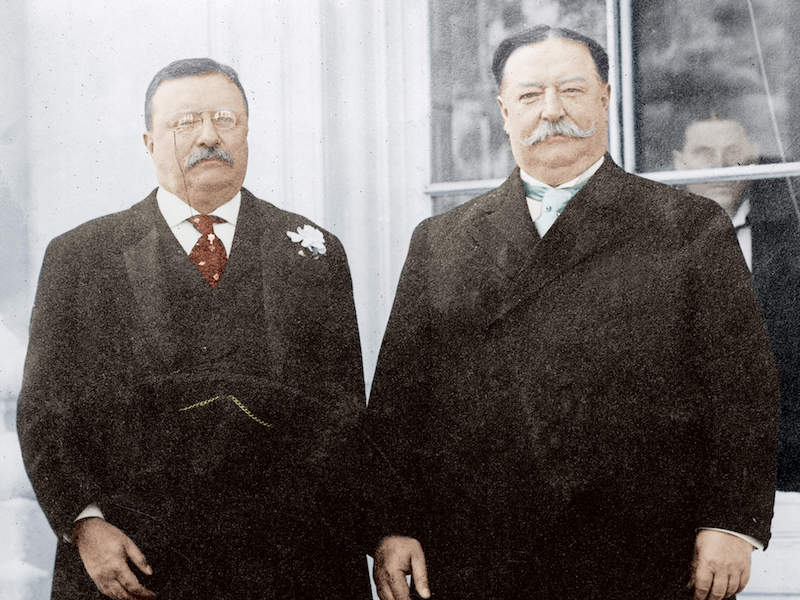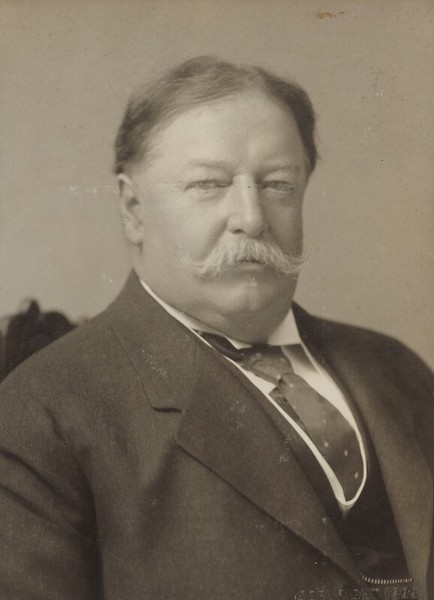
I’m in the midst of a project to read a biography of every president. With most of the men, there’s a pretty clear sense that they were glad to give up the office after their term. It’s an exhausting job in which the Oval Office occupant is relentlessly attacked by his opponents, and sometimes by his own party. Even the great acts of the presidency — the Louisiana Purchase, the Emancipation Proclamation, the New Deal, just to name a few — were reviled by the partisans of the era. It’s a tough job.
But Theodore Roosevelt loved it. He reveled in just about every aspect of the job and found his White House years to be the most fulfilling of his life. Rather than seeming haggard and worn out at the end of his 7.5 years in office, as all presidents before and since appear to be, he was still brimming with energy and enthusiasm for politics. Like no other man who’s held the office, Roosevelt was perfectly suited for the job of being POTUS.
He could have sought a third term, but made a promise after the 1904 election to give someone else a shot at the top job. Where other politicians have reneged on similar promises, Roosevelt was unquestionably a man of his word. Of course it helped that he had a protege to take up the mantle after he was gone; he had long been preparing William Howard Taft to follow in his footsteps.
So on March 4, 1909, Theodore stood to the side while Taft took the oath of office. He would have a very different experience leading the nation in what ended up being a prime example of someone being perfectly unsuited for their job.

William Howard Taft as President of the United States.
If you know anything about Taft, “Will” to his friends and family, it’s the bathtub story. The nation’s largest president once got stuck in a White House bathtub — or so you’ve heard. The reality is that Taft knew he was a big guy, eventually tipping the scales at well over 300 pounds, and had extra large tubs installed once he took residence. So forget that story and instead learn a few things about the real Taft — the affable guy who Roosevelt dearly loved and relied on.
Even as a child, William Taft was a lovable creature. “It was very hard for anybody to be near him without loving him,” said younger brother Horace. He was always popular, but less in a charismatic way than in an incredibly genial, huggable way. Will disliked debate and criticism, loved deep thought, and was slow, but remarkably deliberate, in his actions. Taft pursued the law, which seemed to be the perfect career match for his temperament (courtrooms are less theatrical than they’re often portrayed on TV, and that was especially true a century back).
In his late twenties, after being awarded his first local judgeship, Taft set some high ambitions for his life. He wanted to be a Supreme Court justice — Chief Justice to be more specific. His natural inclinations
No comments:
Post a Comment